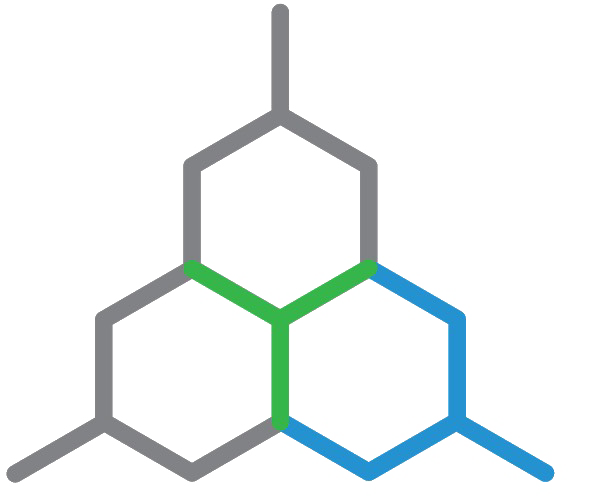In collaboration with The Robert Wood Johnson Foundation, Catalyst @ Health 2.0 is proud to announce funding for health care providers with limited resources and urgent needs to identify and source digital health innovation during COVID-19 through our Rapid Response Open Calls (RROC). RROCs are streamlined calls for applications that connect health care providers to digital health solutions. Deployed as part of Catalyst’s Health Tech Responds to COVID-19 platform, RROCs can be launched within days to meet the host’s needs.
Catalyst created the RROC to address an urgent need from Brigham and Women’s Hospital (BWH) Emergency Department for provider-facing, text based platforms to help healthcare professionals self-monitor symptoms of coronavirus, report burnout, and access helpful resources. Within one day, the Brigham and Women’s Health RROC was launched. In a 7-day application period, Catalyst received an overwhelmingly positive response with more than 80 quality submissions. BWH was able to evaluate the submissions through a streamlined process and 5 innovators were selected to demo their solutions to the BWH ED team. BWH began pursuing a potential partnership with one of the semi-finalists.
If you are a healthcare provider with limited resources during COVID-19 (e.g. FQHCs, community health centers, etc.), apply for a subsidized RROC HERE!


